Nitroglycerin
Uses
Nitroglycerin is used in the treatment of angina (heart-related chest pain), heart failure, coronary artery disease, hypertensive emergencies, and anal fissures.
How it Works
How Nitroglycerin Works Nitroglycerin is a nitrate that functions by relaxing the blood vessels. This action decreases the oxygen demand of the heart and reduces its workload, thereby preventing or treating angina attacks (chest pain).
Side Effects
Common side effects of Nitroglycerin include dizziness, headache, flushing (a sense of warmth in the face, ears, neck, and trunk), orthostatic hypotension (a sudden drop in blood pressure upon standing), tachycardia, and weakness.
Expert Advice
- Nitroglycerin may cause dizziness or sleepiness. Do not drive or perform tasks that require concentration until you understand how it affects you.
- Avoid consuming alcohol while taking Nitroglycerin, as it may increase dizziness.
- Nitroglycerin may cause headaches, which typically resolve after a few days of continued treatment. Inform your doctor if headaches persist.
- You may develop tolerance to Nitroglycerin over time, meaning that the same dose may become less effective. Follow the prescribed dosing schedule to minimize this risk.
- Discontinue the use of medications prescribed for erectile dysfunction, such as sildenafil or tadalafil, while undergoing treatment with Nitroglycerin, as they may lead to low blood pressure.
- You have been prescribed Nitroglycerin for the prevention and treatment of heart-related chest pain (angina).
- Adopt a healthy lifestyle by following a low-fat, high-fiber, low-sodium diet, quitting smoking, increasing physical activity, monitoring your weight, and managing stress.
Related Medications
Nitroglycerin 5mg

₹75.4
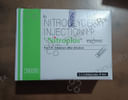
₹28.4
MRP ₹34.6
Nitroglycerin 5mg

₹28.4
MRP ₹34.6
Nitroglycerin 6.5mg

₹226
MRP ₹275.6
Nitroglycerin 2.5mg
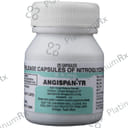
₹296.3
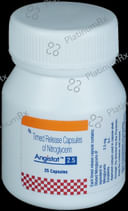
₹156.1
MRP ₹190.3
Nitroglycerin 2.6mg

₹135
₹142
MRP ₹284
Nitroglycerin 2.6mg

₹122
₹142
MRP ₹284
Nitroglycerin 2.6mg

₹222.1
₹142
MRP ₹284
Nitroglycerin 2.6mg

₹116.9
₹142
MRP ₹284
Nitroglycerin 2.6mg

₹89
₹142
MRP ₹284
Nitroglycerin 2.6mg

₹65
₹142
MRP ₹284
Nitroglycerin 2.6mg

₹185
₹142
MRP ₹284
Nitroglycerin 2.6mg
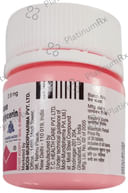
₹384.4
₹142
MRP ₹284
Nitroglycerin 2.6mg

₹255.9
₹142
MRP ₹284
Nitroglycerin 2.6mg
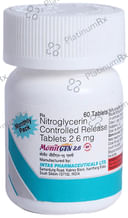
₹511.9
₹142
MRP ₹284
Nitroglycerin 6.4mg

₹199.5
MRP ₹399
Nitroglycerin 6.5mg

₹149

₹226
MRP ₹275.6
Nitroglycerin 0.5mg
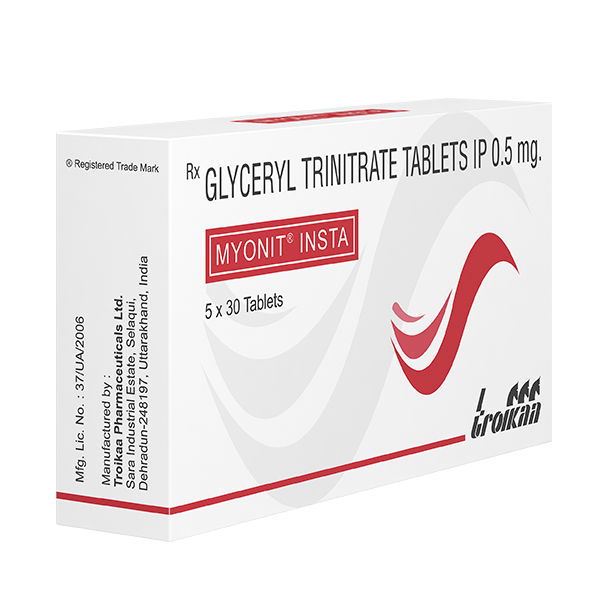
₹34.8
MRP ₹40.5
Nitroglycerin 6.4mg
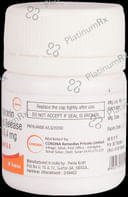
₹265.6

₹199.5
MRP ₹399
Nitroglycerin 2.6mg

₹105.6
MRP ₹192
Nitroglycerin 6.4mg
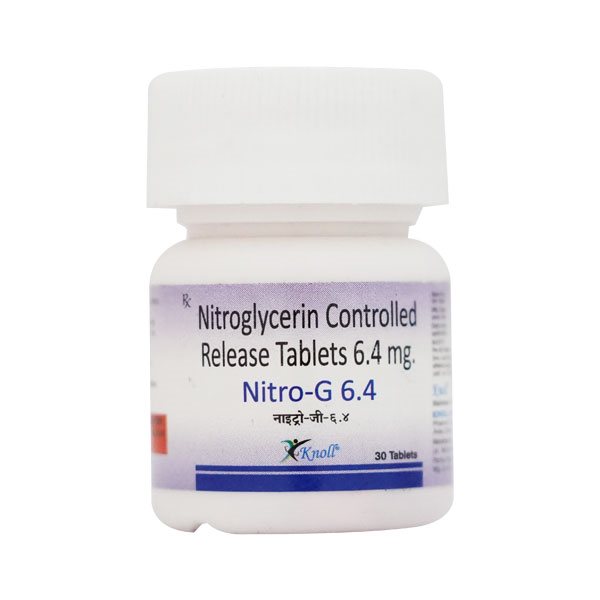
₹262

₹199.5
MRP ₹399
Nitroglycerin 6.4mg

₹349

₹199.5
MRP ₹399
Nitroglycerin 6.4mg

₹22.5

₹199.5
MRP ₹399
Nitroglycerin 6.4mg

₹201

₹199.5
MRP ₹399
Nitroglycerin 25mg
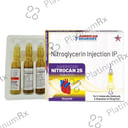
₹38
Nitroglycerin 0.5mg

₹61.4
Flat ₹100 off on first app order | Use Code: APP100 |
Flat ₹100 off on first app order
USE CODE: APP100

Download Now